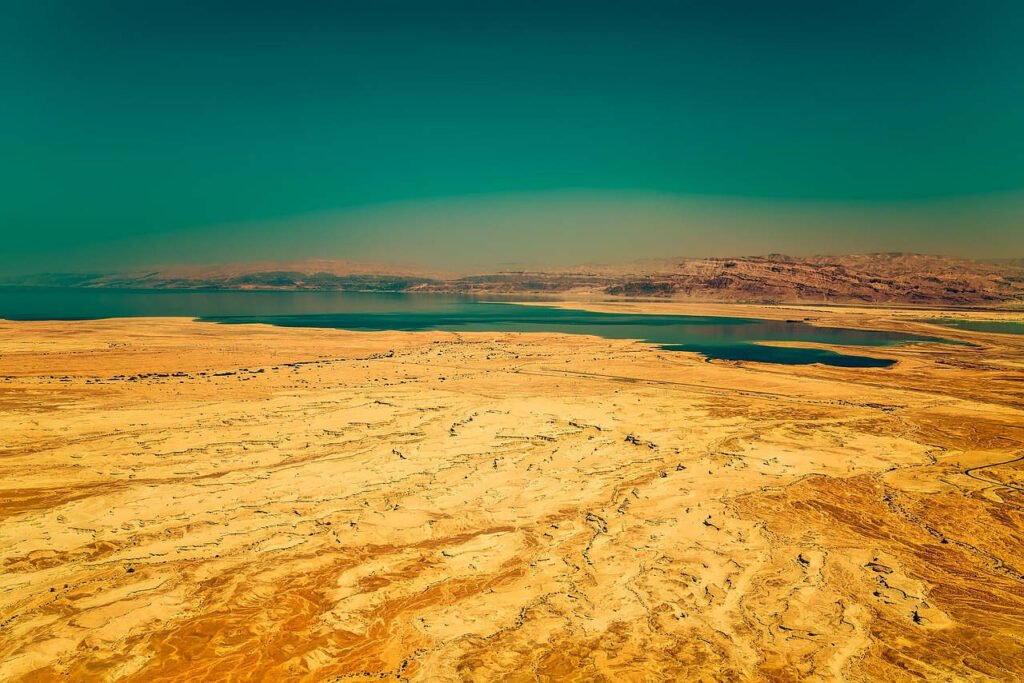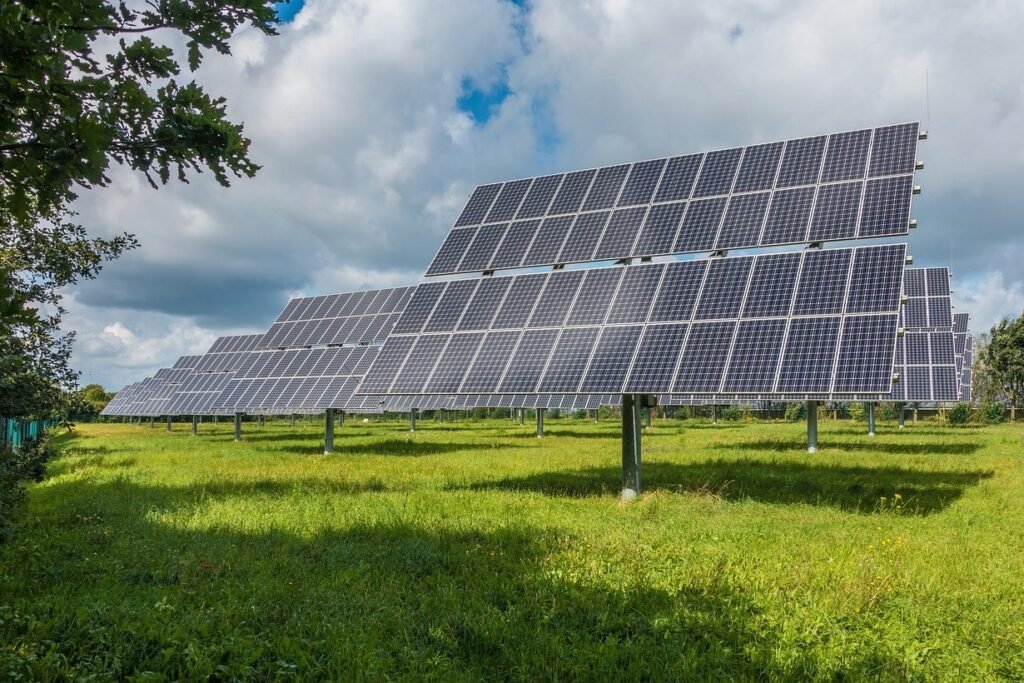Evaporation is the natural process of vaporization of a liquid because of increased temperature or pressure. Evaporation occurs from the surface of a liquid when the molecules absorb sufficient energy to overcome the vapor pressure and escape as gas. In this article, we will discuss the factors affecting evaporation and the differences between evaporation and boiling.
Factors affecting evaporation (of water)
- The temperature of the liquid
- The surface area of the liquid exposed
- Relative Humidity
- Wind speed
The temperature of the liquid
A liquid at a higher temperature will evaporate quickly as compared to a liquid at a relatively lower temperature. As the temperature rises, the molecules gain more energy and there is a higher chance of it escaping as a gas.
The surface area of the liquid
More the surface area of the liquid, the greater the amount of evaporation.
Relative humidity
The rate of evaporation decreases with the rise of relative humidity. Relative humidity gives the measure of air saturation with water vapor. If the saturation level of the air is high, the evaporation rate will be low.
Wind speed
The rate of evaporation increases with the increase in wind speed.

Examples from our daily lives
- The body feels hotter on a hot and humid day than on a hot and dry day. This is because, on a humid day, the rate of evaporation of sweat is lower. On a dry day, the sweat will evaporate quickly making our body relatively cooler.
- When the wind speed is high, the clothes dry up quickly.
- During the summer season, the ponds and lakes dry up quickly because the rate of evaporation is greater as the temperature of the water is higher.
Evaporative cooling
The escaping molecules remove energy from the remaining liquid and thus gain high kinetic energy. This results in evaporative cooling which decreases the temperature of the liquid.
In a closed system like an evaporative cooler/swamp cooler, the temperature of the air also decreases. This cooled air is then supplied in our rooms.
Evaporation vs boiling
Evaporation and boiling are often mistaken as both involve the vaporization of a liquid. Below are a few points that will help you differentiate between evaporation and boiling.
- Evaporation can occur at any temperature above freezing point whereas boiling occurs at boiling point.
- No bubbles are formed during evaporation.
- Boiling is faster than evaporation for a given mass of liquid.
- Evaporation is a natural process whereas boiling requires an externally applied energy source.
- Evaporation occurs from the surface whereas, during boiling, the entire liquid heats up almost uniformly
Read more

